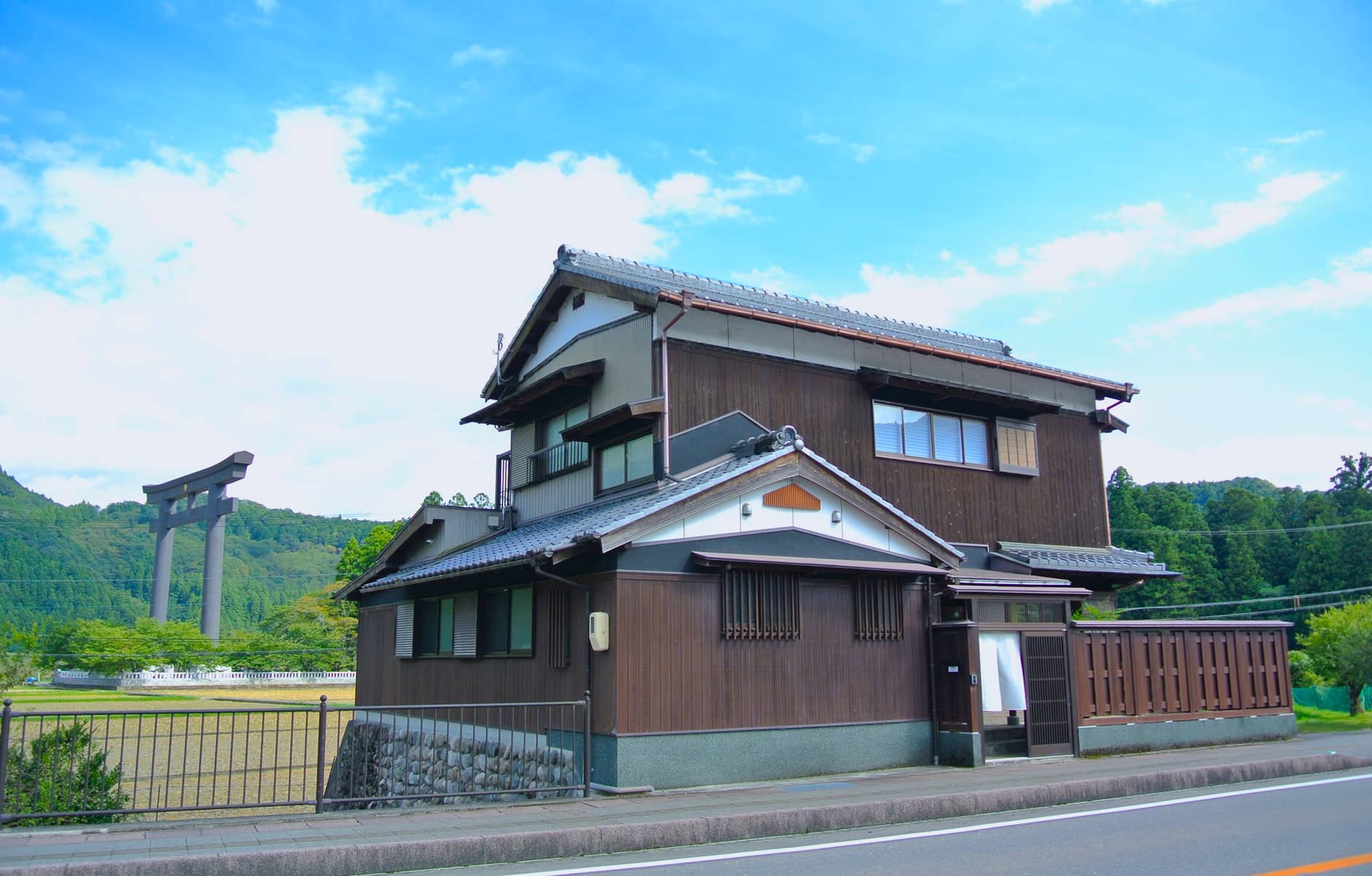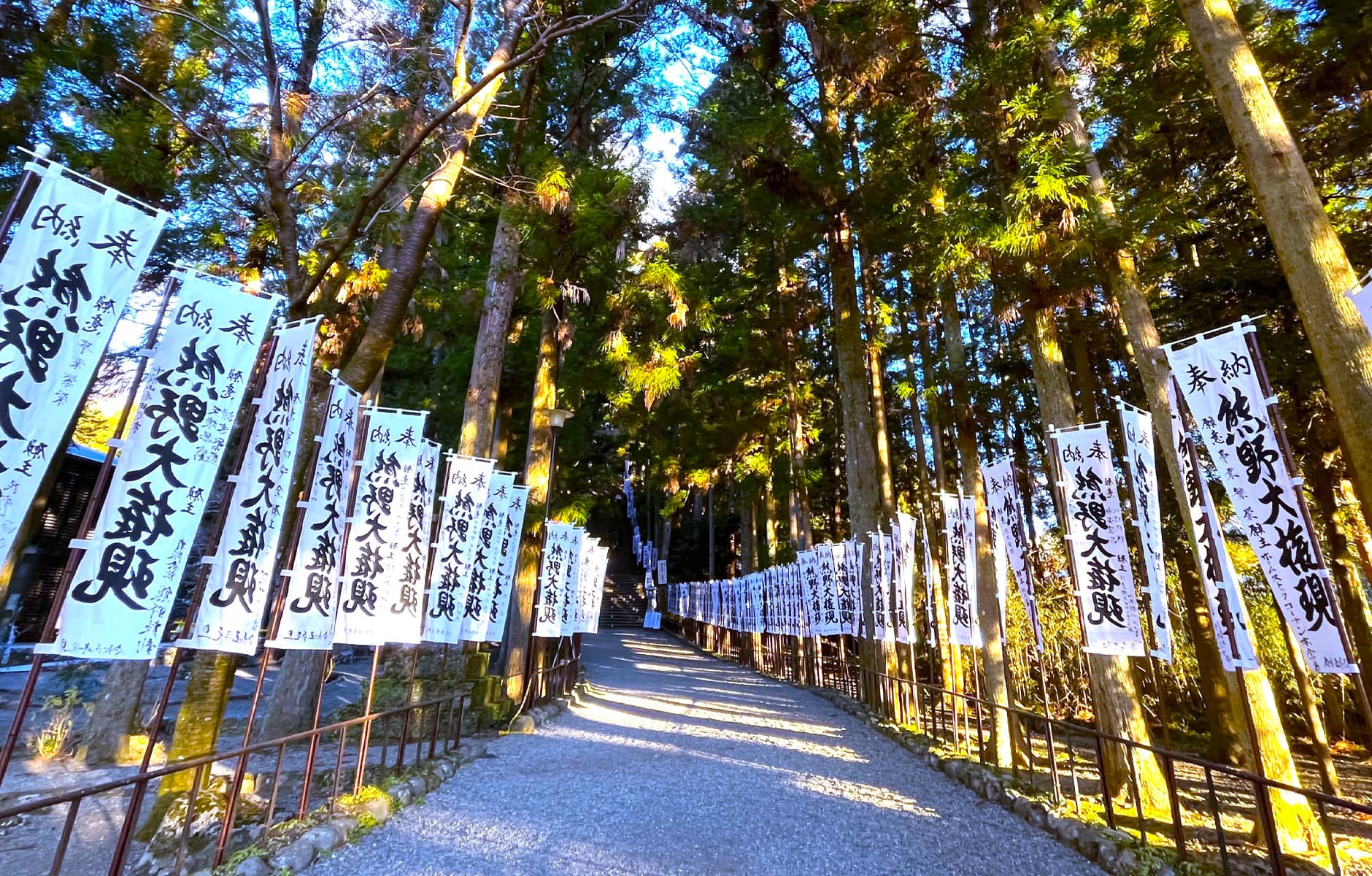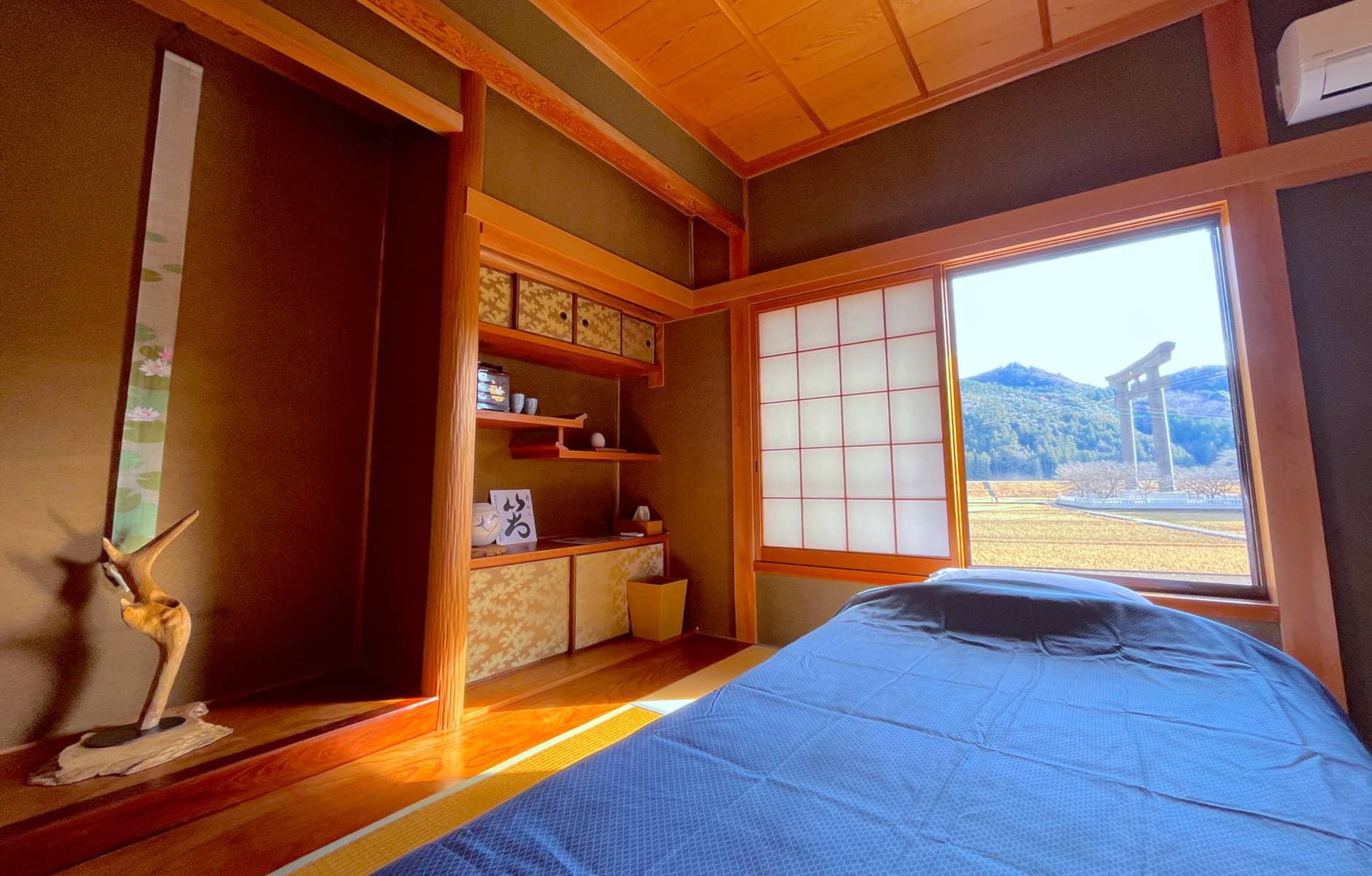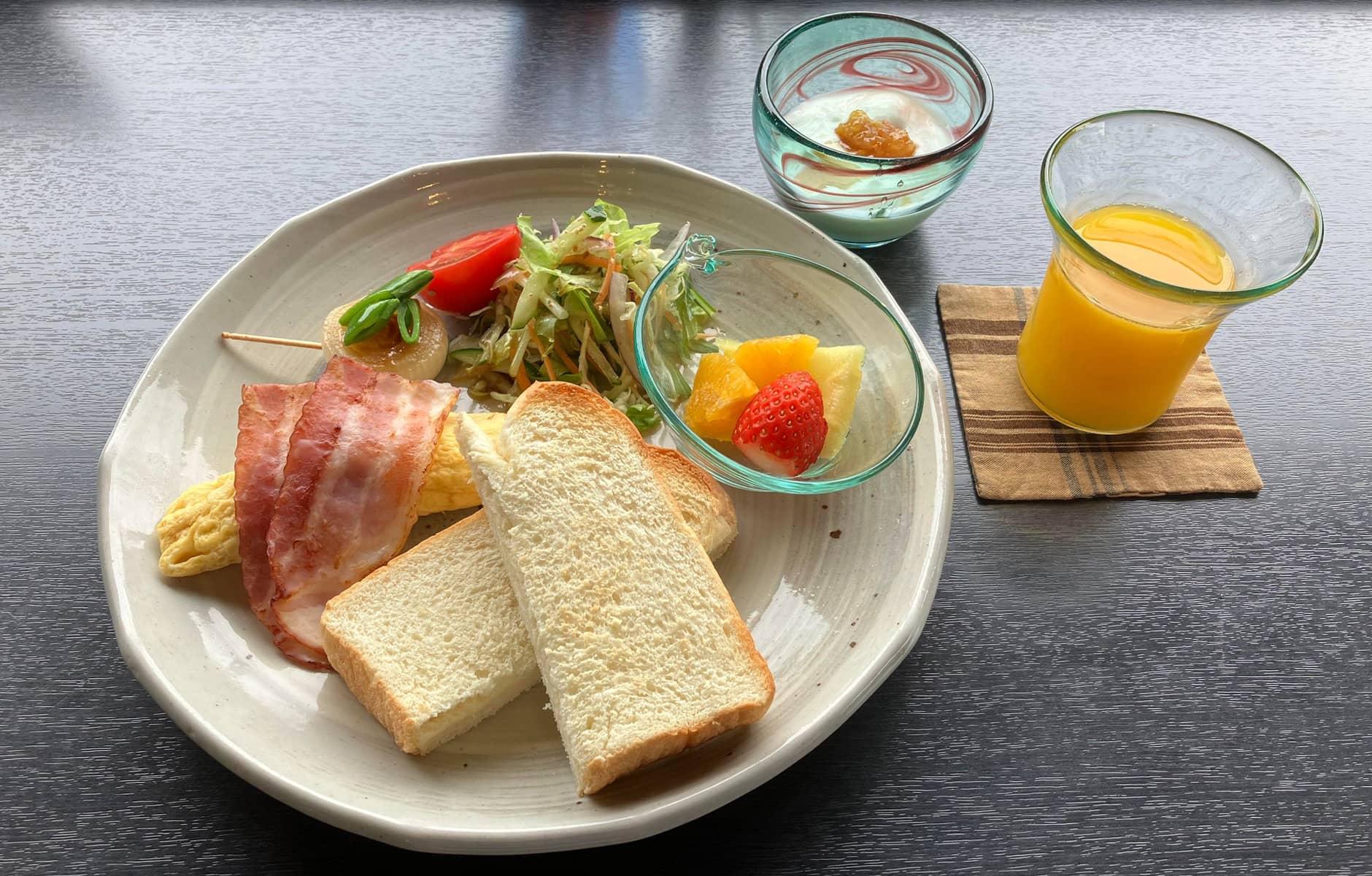Tourism is one of the few growth sectors in Japan that is attracting attention, but from a global perspective, Japan's tourism industry has relatively small earning power. Dr. Tomonori Oshima is exploring ways to create higher value-added services by developing management practices for a guesthouse that he runs in cooperation with a local community.
Clearing up misconceptions about "omotenashi" is the first step to improving management capabilities
Tourism is one of the few growth sectors in Japan that is attracting attention, but from a global perspective, Japan's tourism industry has relatively small earning power. According to the "White Paper on Tourism in Japan, 2023 (Summary)" published by the Japan Tourism Agency, Japan's tourism GDP (i.e. value added from tourism services produced domestically) had been steadily increasing until the COVID-19 pandemic, but as a percentage of the total economy, it remains at mere 2%, lower than the average of 4% for the seven major countries (G7). “The Japanese tourism industry has the structural challenge of low productivity. In addition to reducing costs and improving operational efficiency, the industry needs to shift to providing higher value-added services.” These are the words of Tomonori Oshima, whose research focuses on both theory and practice with regard to methods to boost value added to lodging and other tourism services through the lens of hospitality management.
As symbolized by the word "omotenashi" (hospitality), in Japan, it is often considered admirable to perceive customers' unspoken expectations and desires and discreetly provide the service that exceeds them. Oshima, however, wonders if the Japanese tourism industry's misconception of "omotenashi" has become a stumbling block to transforming itself into a profitable industry. “‘Omotenashi’ is regarded as a Japanese-style creative service that enhances service value through implicit communication between the service provider and customer, based on the shared context of cultural background and lifestyle. However, the practice of ‘omotenashi’ requires communication skills to understand the implicit needs of customers and advanced and specialized skills to provide high value-added services, not to mention a sensitivity to deeply understand the value of customer service (service literacy) and an attitude of trying to enhance service value. Through my research, I have come to see just how difficult it is to put this into practice at the frontline of tourism,” says Oshima.
Realizing higher value-added services through hospitality management
According to Oshima, “Japan's tourism industry needs to move away from 'omotenashi' and put hospitality management into practice”. Hospitality management is a practice that has developed in the so-called hospitality industry, such as hotels and restaurants in Europe and the United States. At the bare minimum, service providers must fully understand the needs articulated by their customers and deliver appropriate services efficiently and effectively, and then they must strive to systematically provide a customer experience that exceeds those expectations.
While “omotenashi” tends to rely heavily on the competence of individual service providers, hospitality management is a systematic practice that involves understanding the apparent and latent needs of customers, creating an environment where high value-added services can be provided, and developing human resources of service providers. “It goes without saying that it is difficult to share the same context with foreign visitors, and as the values of the Japanese people also continue to diversify, it is becoming increasingly difficult to 'read the situation.' If everything is just left to service providers at the frontline under the pretext of ‘omotenashi,’ the Japanese tourism industry will never be able to transform itself into one that can make a profit. Objectively analyzing what customers want and thinking as an organization about what kind of value to provide would be a step forward to improve management capabilities in the industry,” posits Oshima. Some scholars have also pointed out that “omotenashi” could have both a physical and mental toll on service providers, but hospitality management works to improve employee satisfaction (ES) and engagement as well, thus helping to alleviate the shortage of human resources, which has become a serious issue in the Japanese tourism industry.
Working with the community to create added value and warrant high unit prices
Oshima is also working to validate his research through actual practice. As part of these efforts, he has been conducting a demonstration test that involves running a guesthouse in Tanabe City in Wakayama Prefecture.
In November 2022, he opened a whole-house rental lodging facility in an old vacant house in the area, targeting foreign visitors who come to walk along the Kumano Kodo Pilgrimage Trails and who have an interest in rural Japan and its lifestyle. He designed the service based on his knowledge of accommodation management accumulated through his previous research and an analysis of the needs of foreign visitors to the Kumano Kodo.


A unique feature of this project is that Oshima remotely handles the managerial tasks, including business strategy, marketing, reservation management, and accounting, while outsourcing facility maintenance, cleaning, meal service, and other on-the-ground operations to local partners. “I have partnered with local restaurants to serve breakfast and dinner. This allows me to provide guests with a lodging experience that includes the foods unique to the region and interactions with the local people. I can also contribute to the local economy by creating added value that does not come with a no-frills lodging facility, warranting high unit prices, and then channeling the profits back into the community. I believe this is one approach to a sustainable lodging business,” explains Oshima.


Oshima also mentions the significance for communicating with guests using the messaging function on hotel reservation sites. Informing guests in advance of the guesthouse's policies and rules and what kind of stay they can expect plays a role in preventing mismatches with their expectations and creating a sense of satisfaction. “I have also found that guests who actively communicate with us before their stay have a strong desire to create better service, or in other words, to co-create value with us,” says Oshima. He plans to develop theories from these practice-based findings and share them with local lodging and tourism businesses.